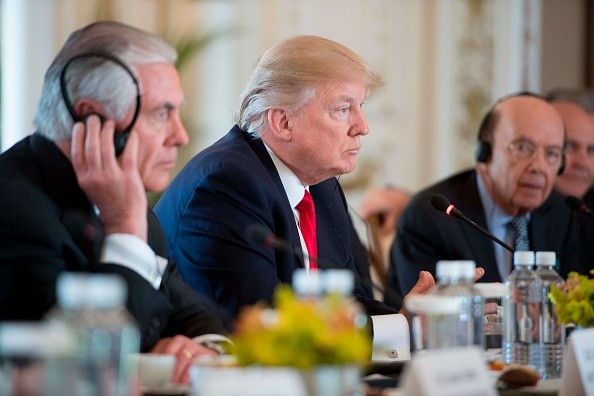Most Americans agree that the U.S. has to resolve its trade and investment issues with China as part of the new U.S. trade policy under the Trump administration.
A 20-page report released by the U.S. trade representative last month identified some of these issues, which include counterfeiting, theft of trade secrets, protection of intellectual property, online piracy, industrial policies that promote domestic goods at the expense of U.S. products, discriminatory product standards, subsidies, dumping, and restricted access to American services.
Fortune reported that the 15th annual USTR Report on China's Compliance with the rules of the World Trade Organization also showed that the U.S. has filed at least 20 WTO cases against.
But following the meeting between Chinese President Xi Jinping and U.S. President Donald Trump at Mar-a-Lago in Florida last week, the two countries are expected to step up negotiations for trade in the next 100 days.
One of the first possible actions for U.S. negotiators is to set the U.S. side's priorities for the talks. Although both countries have been engaged in bilateral discussions over the years, the U.S. must set specific goals to push for changes.
Next, the U.S. must continue to strengthen its presence to stay relevant in Asia. Compared to China, which has been actively financing infrastructure development in the region through the Asian Infrastructure Investment Bank (AIIB) and has assumed leadership of the 16-nation Regional Comprehensive Economic Partnership (RCEP), the U.S. has no economic strategy for the region. After its withdrawal from the Trans-Pacific Partnership (TPP), China may likely set the trade rules in Asia.
What the U.S. can do now is to re-engage its former TPP partners and offer an alternative plan that is market-based, a move that is dependent on the U.S. economic leadership in the region.
The U.S. must also try to convince China to help on security and foreign policy issues by encouraging Beijing to take control of North Korea. But the U.S. should not sacrifice its trade policies to get China's cooperation on the issue of North Korea.



























